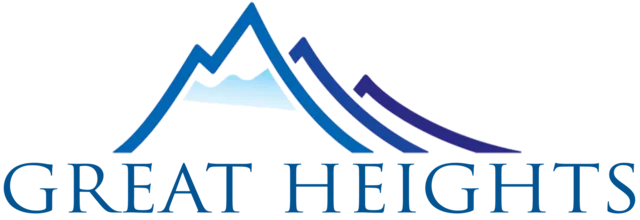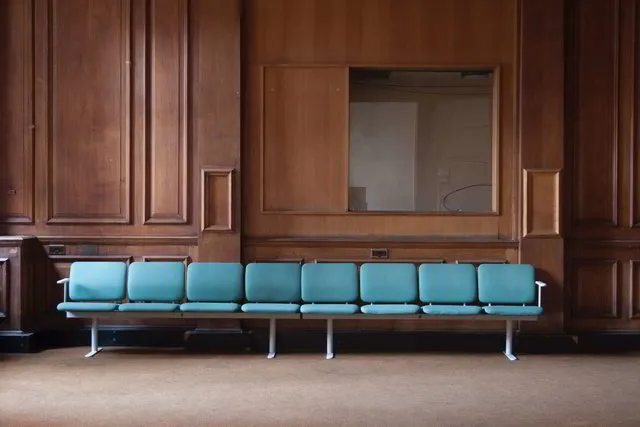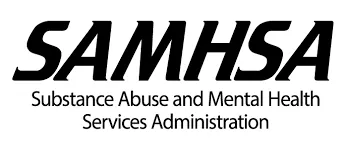10+ years of Experience
Counseling
We’ll guide you through the treatment
program.
Intervention
Our center’s innovative programs will surely get you back on track!
Recovery
We provide an environment uniquely suited to support your healing.
Story of Recovery
“Great Heights has TRULY been like a family for me. The program is certainly different from others and will save your VERY LIFE if you are willing to do the work. I was willing to do the work and Great Heights has saved my life!"
Treatment Program
The inspiration for the Great heights Opioid Treatment Program came from Dr Fatoki’s experience as a jail physician. Dr Fatoki noticed that a significant number of the patients he encountered in the various jails he visits were incarcerated because of issues related to addiction. The scourge and devastation of prescription opioids on the lives and families of these patients was apparent. Some of the patients can be mean and insensitive when first incarcerated and withdrawing from drugs. Once the patients are drug/alcohol free after a few weeks in jails, their personalities change and they become more “normal” like many of them say. They do very well in a controlled drug free environment but once released, many end up back on drugs. Realizing that if some of these patients had access treatment, they may be able to keep their families together and remain gainfully employed. Dr Fatoki also realized that many people don’t seek treatment because of the stigma of standing in line outside of a methadone clinic. Others do not understand the disease of addiction and “don’t want to substitute one drug (methadone) for another (“heroin”). This jail experience formed the foundation of our drug treatment program. The program was designed to educate and encourage treatment of opioid addiction while minimizing any associated stigma. The program is in an office type setting in a suburban mall with other professional businesses include accountants, insurance agencies, physicians, attorneys and dentists.
Location
There is no loitering, littering or long line outside the building. Many of our patients are gainfully employed and having loving families. Our convenient hours were chosen to minimize lost time from work or other commitments. Our staff and counselors are professionals who believe in our mission of compassionate care and respect for all. Great Heights is fully committed to providing access to the treatment of addiction and to restore lives to families and communities that have been devastated by the disease of addiction. We encourage family members and loved ones to visit the program so that their questions and concerns about methadone treatment can be addressed. WEBINAR
About Us
Great Heights is a licensed provider of alcohol and substance abuse services by SUPR (substance use prevention and recovery division of the Illinois Department of Human Services (DHS)). We are licensed to provide Medication Assisted Treatment (MAT).
Accreditation: The GHFM drug treatment program was accredited by CARF in June 2015 for 3 years.
Our mission is to reduce the impact of substance misuse on individuals and families and help restore lives using evidence based quality care. We provide this care in a discrete and confidential setting using a knowledgeable, professional and compassionate staff. We believe that respect is mutual and every human being deserves to be treated with dignity irrespective of individual circumstances or current situations.
Services: We believe in counseling and behavior modification as the foundation for Addiction treatment. In addition to counseling, we offer all FDA approve medication Treatment options for Opioid Use Disorder. Our team will discuss the options available to you and help you make an informed decision to maximize your chances of success. Our approach is collaboration between us and the patient with each patient being ultimately responsible for his/her own recovery.
OTP services offered: Group and individual counseling
Medication Assisted Treatment: Methadone, Buprenorphine (e.g. Suboxone, Zubsolv, Bunavail) , Sublocade (long-acting Buprenorphine injection), Vivitrol (Long-acting naltrexone injection)
Other services: Treatment of Alcohol Use disorder, Oral naltrexone , Vivitrol
CALL US TODAY
Calumet City Clinic - 708.862.8156 | Ottawa Clinic - 815.434.0228
Licensure and services offered
We are licensed by Illinois SUPR and SAMHSA as an Opioid Treatment Program (OTP).
We are provided treatment with methadone following federal guidelines using best practices. We provide individual and group therapy. We provide free HIV testing and limited hepatitis C testing in collaboration with our partners. Our dosing hours are from 6 AM to 8 AM, Monday through Saturday and 4 PM to 6 PM, Monday through Friday. We plan to extend our evening hours depending on patient demand. We currently have openings for new methadone and guest dosing patients.We do not accept any insurance reimbursement but will be glad to provide receipts and other necessary documents for patients to seek reimbursements from their insurance companies or payors.
Our Team
Medical director and sponsor:
Adeyemi Fatoki, M.D., MPH.
Dr. Fatoki received his MD from the University of Illinois and completed his Residency Training in Family Medicine at Cook County Hospital. He received a Masters degree in Public Health from the University of Illinois and a Masters in Addiction Studies from Governors State University. He is Board Certified in Family Medicine, Obesity Medicine and Addiction Medicine. Dr. Fatoki has extensive experience treating patients with methadone, buprenorphine (suboxone) and vivitrol in the hospital, outpatient and jail settings. In addition to working at Great Heights Family Medicine, Dr. Fatoki is a Regional Medical Director for Correct Care Solutions where he oversees and provides care for jail inmates. His substance abuse interests and experience include the treatment of opioid (prescription pills and heroin) dependence, benzodiazepine (e.g. Xanax, Klonopin) dependence, alcohol misuse/dependence, substance misuse in pregnancy and co-occurring disorders including depression and mood disorders.
Program Director:
Dee Williams
Dee joined the staff of GHFM in December 2012. She graduated with a degree in computer science from Xavier University, New Orleans and a Masters degree in Computer, Information and Network security from DePaul University. Dee became the program director in 2014. She is responsible for the daily operations of the program. Under Dee’s leadership, the program received a 3-year accreditation from CARF in June 2015. She is currently overseeing efforts to expand our services in Ottawa, Illinois. Her interests include updating our computer network and using computers to improve patient access and quality of care. Dee’s infectious positive attitude is evident to all who come in contact with her. She believes in encouraging and rewarding patients for positive changes but is also be firm with those who violate program rules or are not participating actively in their treatment. Since family is very important to Dee, she takes great pride and joy in the success of our patients as well as their harmony with loved ones.
FAQs
Addiction is a complex but treatable disease that affects brain function and behavior.
Drugs of abuse alter the brain’s structure and function, resulting in changes that persist long after drug use has ceased.
Yes. No single treatment is appropriate for everyone. Effective treatment attends to multiple needs of the individual, not just his or her drug abuse.
The appropriate duration for an individual depends on the type and degree of the patient’s problems and needs. Research indicates that most addicted individuals need at least 3 months in treatment to significantly reduce or stop their drug use and that the best outcomes occur with longer duration of treatment.
Long history of opioid addiction:
Long history of opioid addiction
High motivation Patients needing treatment where drug court judges, professional boards, or others may not allow agonist medication
Able to maintain treatment plan without daily supportive contacts or structure of OTP clinic i. Structure (employed, other) ii. Strong recovery support system iii. Adequate stress management For patients who may need more support or supervision, an OTP can order and dispense buprenorphine under OTP rules. Injectable Buprenorphine is now available for once a month dosing
IM injection into buttocks
MAT with methadone is the treatment of choice for pregnant, opioid-abusing women. Buprenorphine is a second option. MAT helps prevent intra-uterine fetal withdrawal. May require divided doses because of altered metabolism. Neonatal withdrawal can occur within 72 hours of delivery. Not all infants need treatment. Breastfeeding is recommended if the mother is not HIV positive





